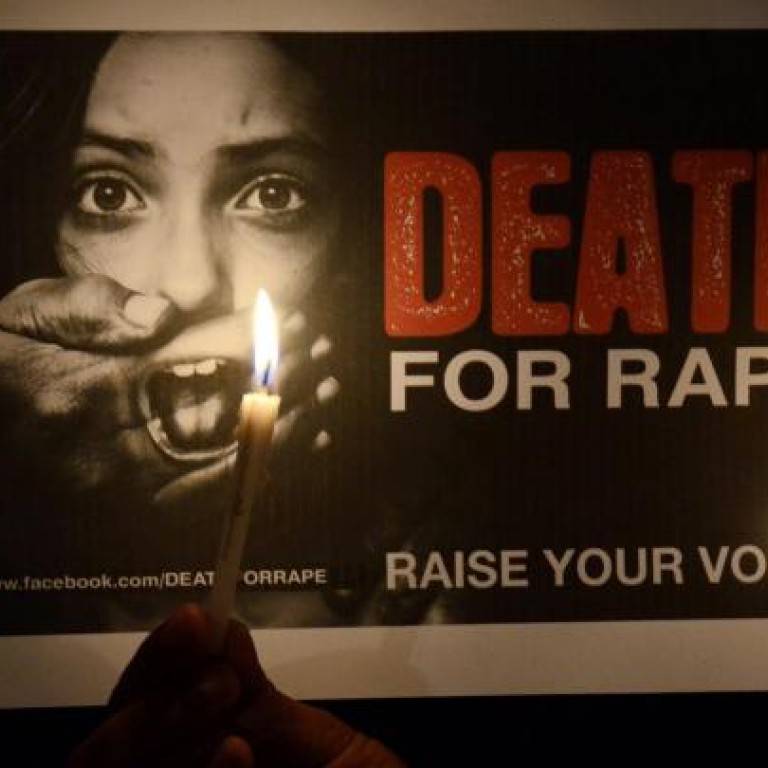
Indian government seeks life sentences for Delhi bus rapists
Brutal attack in Delhi becomes catalyst for Indians to confront rapists in their midst and to demand harsher sentences for the crime
India's government, facing swelling protests over the gang-rape of a female student on a bus, vowed yesterday to press for life sentences for her six attackers and promised stricter policing.
Home Secretary R.K. Singh also offered state assistance to the 23-year-old victim of the brutal Sunday night attack who was fighting for her life in hospital after suffering enormous intestinal injuries.
"We will ask for the maximum punishment of life imprisonment and ask the court for the speedy trial of the accused," Singh said amid demands from thousands of angry protesters for the death sentence for the detained suspects.
He also promised a broad campaign to protect women on buses as they arrested a fifth person in connection with the rape.
Bus drivers would be required to display their identification prominently, buses would be forced to remove tinting from their windows and plain-clothed police would be placed on buses to protect female passengers.
Delhi Police Commissioner Neeraj Kumar said police arrested a fifth suspected attacker on Thursday night and were hunting for the last assailant.
The victim of the assault remains critically ill. She and her male friend lay, naked and covered in blood, for nearly an hour at the roadside where they had been dumped before police arrived. A crowd of around 50 people had gathered around them, officials later said, but no one offered any assistance. Police eventually had to fetch sheets from a nearby hotel to cover them.
The debate in India on prevention of such incidents has largely focused on harsher punishments, more police resources and better monitoring of public transport.
Kumari, an activist, suggested creating a sex offender registry that the public could consult.
"Convicted attackers would not get jobs, or be able to rent homes, or buy property. The social ostracism would be a very big deterrent," she said.
Television journalists outside the hospital where the victim was being treated were filing updates on her condition hourly.
The intense media interest in the incident has led to the reporting of other attacks which would usually never make headlines.
The body of a 10-year-old girl, who police believe was gang-raped and killed, was retrieved from a canal in the poor northern state of Bihar on Wednesday. Also in Bihar, a 14-year-old schoolgirl was in critical condition after she was raped by four men.
In India's northeast, police were investigating the apparent abduction and rape of a 24-year-old woman near the city of Bagdogra.
Commentators have blamed such incidents on a variety of factors, ranging from rapidly evolving roles in a fast-changing economy, to a macho culture, particularly in the north of the country, which encourages men to believe that rape is something to be proud of.
Official figures show rape cases alone more than doubled between 1990 and 2008, but a part of that rise could be attributed to better reporting.
"Our streets reflect an extreme misogyny," Brinda Karat, a Communist Party lawmaker, said.
"Women are objectified, harassed or sexually assaulted all the time."
National crime records show that 228,650 of the 256,329 violent crimes recorded last year targeted women, with conviction rates for rape cases at 26 per cent.
Campaigners say such figures are a direct consequence of a failure to tackle a culture in which sexual harassment is often dismissed as little more than a joke.
